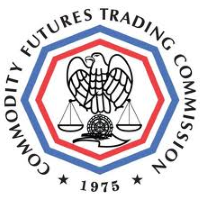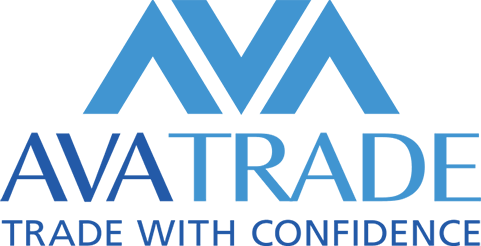CTFC Forex Brokers Regulation

CFTC regulated brokers are required by law to be licensed and regulated by both the CFTC as well as the NFA for providing financial services in the US. The CFTC follows a statutory rule book that is rigorously updated to ensure that all firms and individuals who take part in the financial markets abide by strict rules of conduct to prevent any and all instances of fraud or abuse.
Most modern day forex brokers offer a wide range of financial instruments that include currencies, commodities, metals, options, and CFDs. The main job of the CFTC is to regulate forex brokers who provide brokerage services for all types of commodities that include oil, precious metals, agricultural commodities, and other types of futures contracts.
How Are CFTC Regulated Brokers Different From Regular Brokers?
CFTC is an independent agency that regulates brokers on what is acceptable while providing financial services to consumers in the US. The financial market is a breeding ground for a wide variety of financial crimes that include client fund abuse, money laundering, markets manipulation, and financial fraud. When it comes to protecting the interests of consumers who use their hard-earned money for investing, CFTC is at the forefront of ensuring that there isn’t a repeat of the 2008 financial crisis, which was in part a result of unchecked swaps market dealing.
CFTC forex brokers are considered to be the most reliable companies in the entire world due to their unwavering dedication towards offering a fair platform for investors to trade in the financial markets. All types of brokers regulated in the US are accountable to the CFTC, and most brokers act in the best interests of clients. Unlike other regulatory agencies such as the FCA, consumers have the freedom to make complaints and provide tips directly to the CFTC regarding any misconduct from the regulated brokers.
Best and most trusted forex brokers in April 2024
How Are Consumer Complaints Addressed By The CFTC?
CFTC makes it a priority to put the consumer before the broker, which is why the CFTC has become an integral part of protecting consumer rights in the US. Traders and Investors can directly contact the CFTC in the form of filing complaints or provide tips about any discrepancies, and individuals can also take advantages of the Whistleblowers program to report any misdeeds and get hefty rewards directly from the Government.
CFTC regularly updates its Fraud Awareness and Prevention program by educating consumers about the different types of financial crimes and how it can be prevented. CFTC also audits all of the financial firms operating the US for all financial irregularities and takes severe action against those who do not comply with the stringent CFTC standards.
The History Of CFTC And Its Regulatory Protocol
The history of CFTC dates back to more than 150 years ago when the agricultural commodities of the US needed regulation in the financial markets. The US Government has been regulating the futures contracts for all types of commodities since the early 1920s, and from 1974, the CFTC was in charge of regulating all futures contracts for a wide range of commodities. The CFTC was created due to the immense popularity of trading in the financial markets due to the influx of currency trading, commodities trading, and other types of swap dealings, which resulted in an unregulated market and extreme volatility. CFTC was able to bring down the chaos, and ever since, the CFTC has been playing a vital role in regulating the financial markets.
All types of commodities trading are regulated by the Commodity Exchange Act of 1936, which is amended from time to time. The CFTC operates out of the framework created by the CEA, which forms the basis for all firms to operate in the financial markets. CFTC is also one of the few regulatory agencies in the world that are funded by the Government, unlike the NFA or the FCA, which are self-funded through membership fees and other dues.
How Do You Ensure That A Broker Is Regulated By The CFTC?
All CFTC regulated forex brokers should display their license number and regulation clearly on the homepage of their website. They should also provide the details of the license to consumers upon request. CFTC also provides a wide variety of online resources for consumers to check the authenticity of licensing and regulations and are free to research about a company or individual that they are dealing with.
CFTC lists details of impending litigations against firms due to infringement of regulatory guidelines on their website and frequently updates information related to past lawsuits and suspension of licenses. A consumer can ascertain the history of a company by carefully analyzing their record with the CFTC, and how well it treats consumer complaints and other issues that arise from time to time. After all, every consumer is required by the CFTC to be careful in their approach while dealing with companies and recommend performing extensive research about a firm before depositing money with a regulated broker.
Frequently Asked Questions (FAQs)
Forex Brokers by regulation authority
Related Articles





